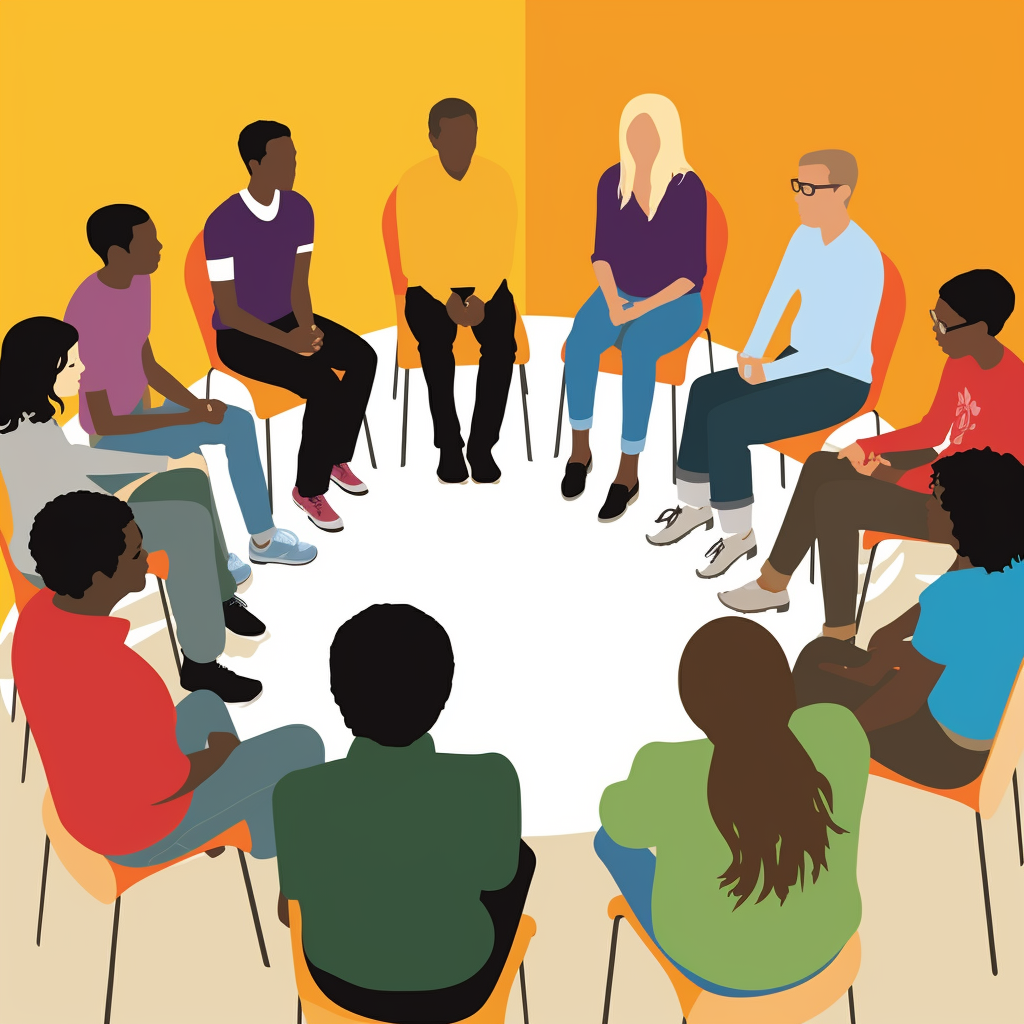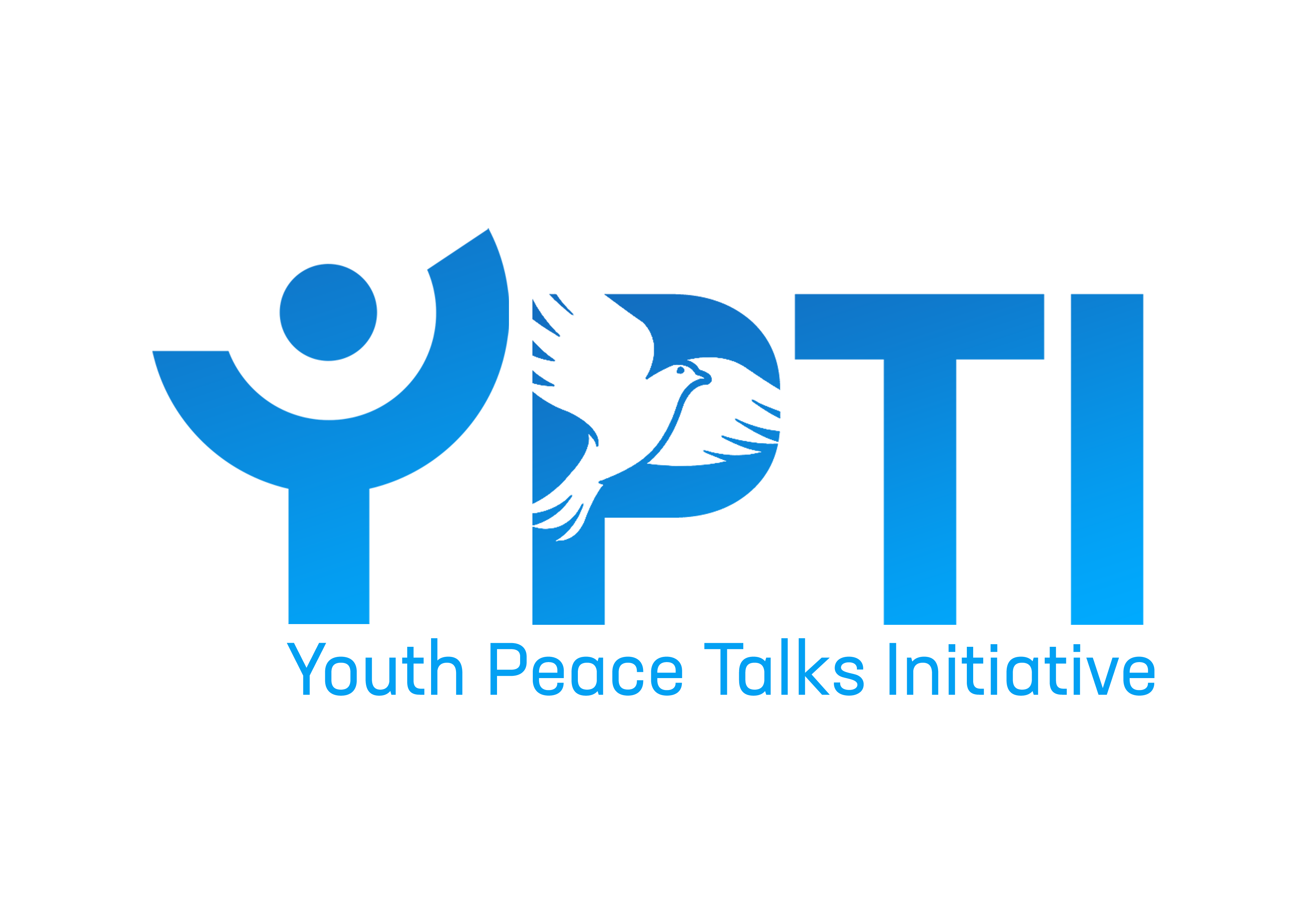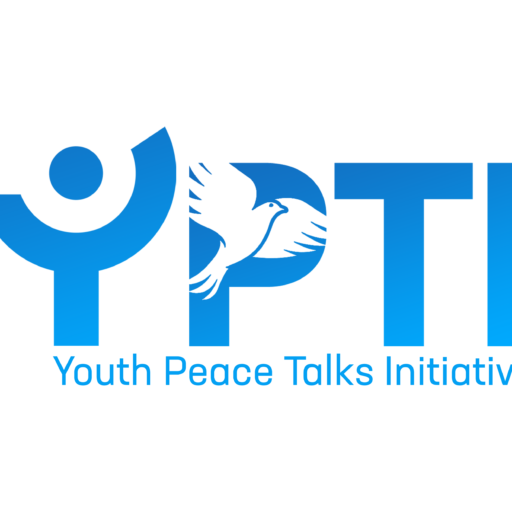
The Importance of Peace Education for Our Youth
Educating the youth about peace is a critical undertaking that has far-reaching implications for the future of societies and the world at large. This article explores the reasons why peace education is essential, drawing on data and insights from non-profit organizations and other sources.
Building a Foundation for Peaceful Societies
Peace education aims to instill values, knowledge, and skills that promote peace. According to UNESCO, peace education is not just about teaching the absence of conflict, but also about creating a culture of peace that encompasses respect for human rights, democracy, and sustainable development. Educating youth in these areas lays the groundwork for more peaceful, inclusive societies.
Conflict Resolution Skills
One of the primary goals of peace education is to teach young people how to manage conflicts constructively. The International Peace Bureau emphasizes that conflict is a natural part of human interaction, but the way it is managed can either lead to violence or be a force for positive change. By learning conflict resolution skills, youth can address disputes peacefully and constructively.
Promoting Tolerance and Understanding
In a world increasingly divided by cultural, religious, and political differences, peace education plays a crucial role in promoting tolerance and understanding. Non-profit organizations like the Institute for Economics and Peace highlight the importance of exposing young people to diverse perspectives and cultures to foster empathy and reduce prejudices.
Reducing Violence and Crime
Data from the United Nations Office on Drugs and Crime (UNODC) shows a correlation between education and reduced levels of violence and crime. By teaching peace and conflict resolution, educational institutions can play a vital role in preventing youth involvement in criminal activities and reducing overall levels of violence in society.
Supporting Sustainable Development
The Sustainable Development Goals (SDGs) established by the United Nations include promoting peaceful and inclusive societies (Goal 16). Educating youth about peace is directly linked to achieving these goals, as peace is a prerequisite for sustainable development. Peace education equips young people with the skills and attitudes needed to contribute to a sustainable future.
Preparing Future Leaders
Today’s youth are tomorrow’s leaders. By educating them about peace, we are preparing a new generation of leaders who prioritize peace, diplomacy, and cooperation. The Global Partnership for Education underscores the role of education in shaping future decision-makers who can address global challenges more effectively.
Fostering Global Citizenship
Peace education is integral to fostering a sense of global citizenship among young people. Organizations like the United Nations Children’s Fund (UNICEF) advocate for education that transcends national boundaries and encourages youth to think globally, recognizing their shared responsibilities towards humanity and the planet.
Conclusion
In conclusion, educating our youth about peace is not just a noble endeavor but a necessary one. It builds the foundation for more peaceful societies, teaches essential conflict resolution skills, promotes tolerance and understanding, reduces violence and crime, supports sustainable development, prepares future leaders, and fosters global citizenship. Investing in peace education is investing in a more peaceful and prosperous future for all.


No Comments